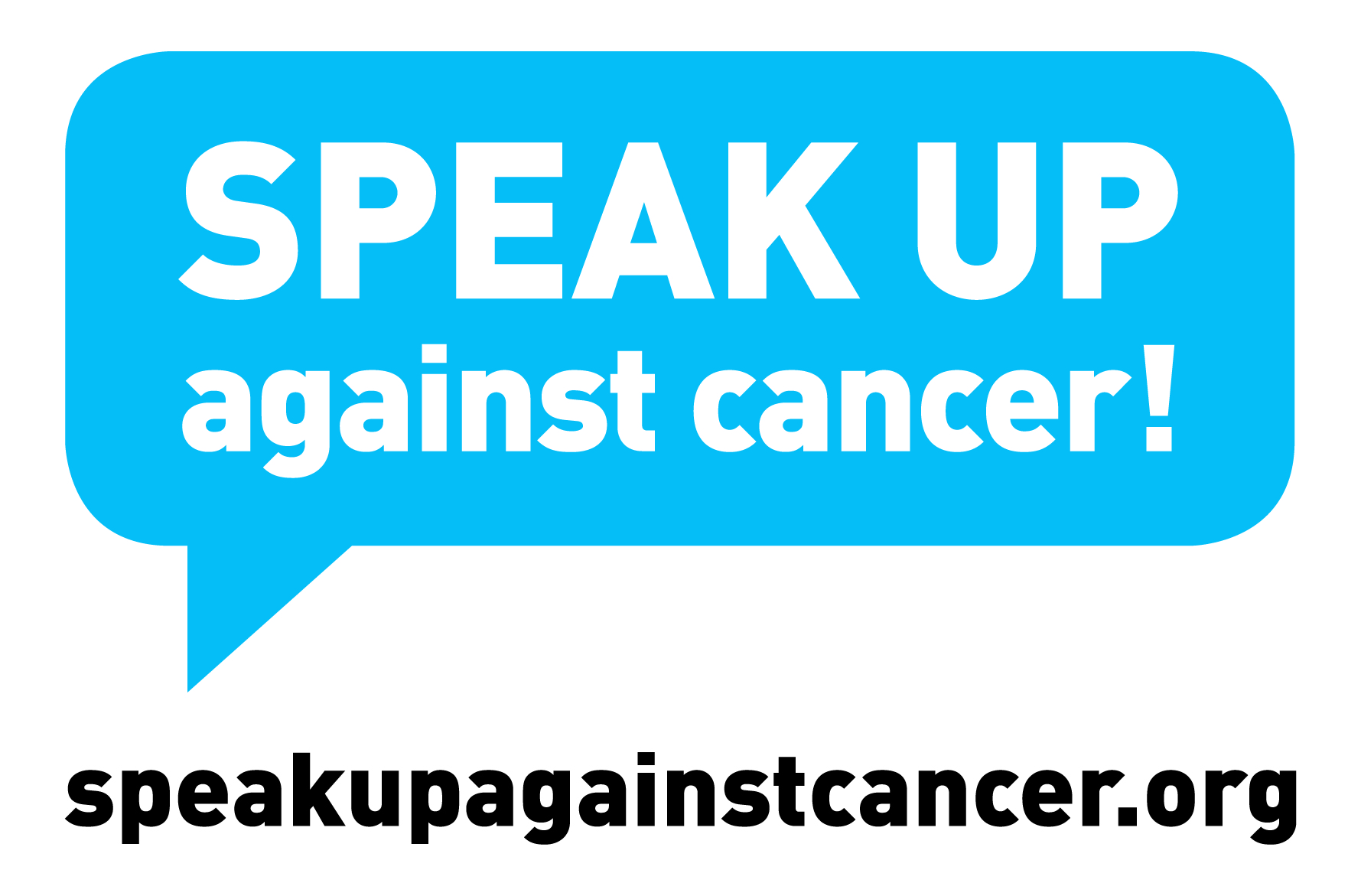Speak Up Against Cancer: Charlie’s story

April has been Bowel Cancer Awareness Month and as part of its Speak Up Against Cancer campaign, Albion in the Community (AITC) spoke to Charlie.
Charlie was diagnosed with early stage bowel cancer in November 2015 at the age of 31. As he explained, he had noticed a change in his body but hadn’t immediately visited his GP – for a variety of reasons.
“I had noticed blood in my stool a couple of months earlier,” he said. “My father and his father both had bowel cancer in their 40s, yet I still hesitated getting myself checked out on the basis that I was in no pain and my appetite and weight were stable. I had also convinced myself that I was just too young to have bowel cancer.
“An anxiety about having a colonoscopy also played a part in my initial desire to ignore the issue. Yet the hope that a troubling toilet observation will disappear on its own accord only lasts so long. The realisation that my health and wellbeing is not only important for me, but also my fiancé, kicked me into gear.”
Around one in 20 people will get bowel cancer in their lifetime and every year around 140 people are diagnosed with the condition in Brighton and Hove.
If caught early, however, around 90 per cent of bowel cancers can be treated successfully.
For Charlie, knowing his family history also helped when he came to visiting his GP. As he explained: “Being able to tell my GP about my family history and a description of the colour of the blood I was seeing, really helped him to make a decision to refer me quickly to hospital.
“At this point I had banished the idea that having a colonoscopy was terrifying. I was happy that the ball was rolling.
“Everything happened very quickly through the NHS. I had a colonoscopy a week later, where a tumour was identified. Following this, the phone was constantly ringing to get me in for all the scans to work out how serious this was. I received a diagnosis of early stage bowel cancer just two weeks after visiting my GP and I was admitted to hospital the next day for surgery.
“I was fortunate; the cancer was caught early. I was also relatively lucky that it managed to give me this one observable symptom at an early stage of cancer progression, where I could undergo surgery to remove the tumour and any possible local spread.
“I am now a strong advocate for acting quickly upon this seeing blood. A description of colour, brightness and how often it occurs will really help your GP to correctly assess you. Often there are other explanations, but your GP will know best.”
For more information on the signs and symptoms of a range of cancers, visit: www.speakupagainstcancer.org.

